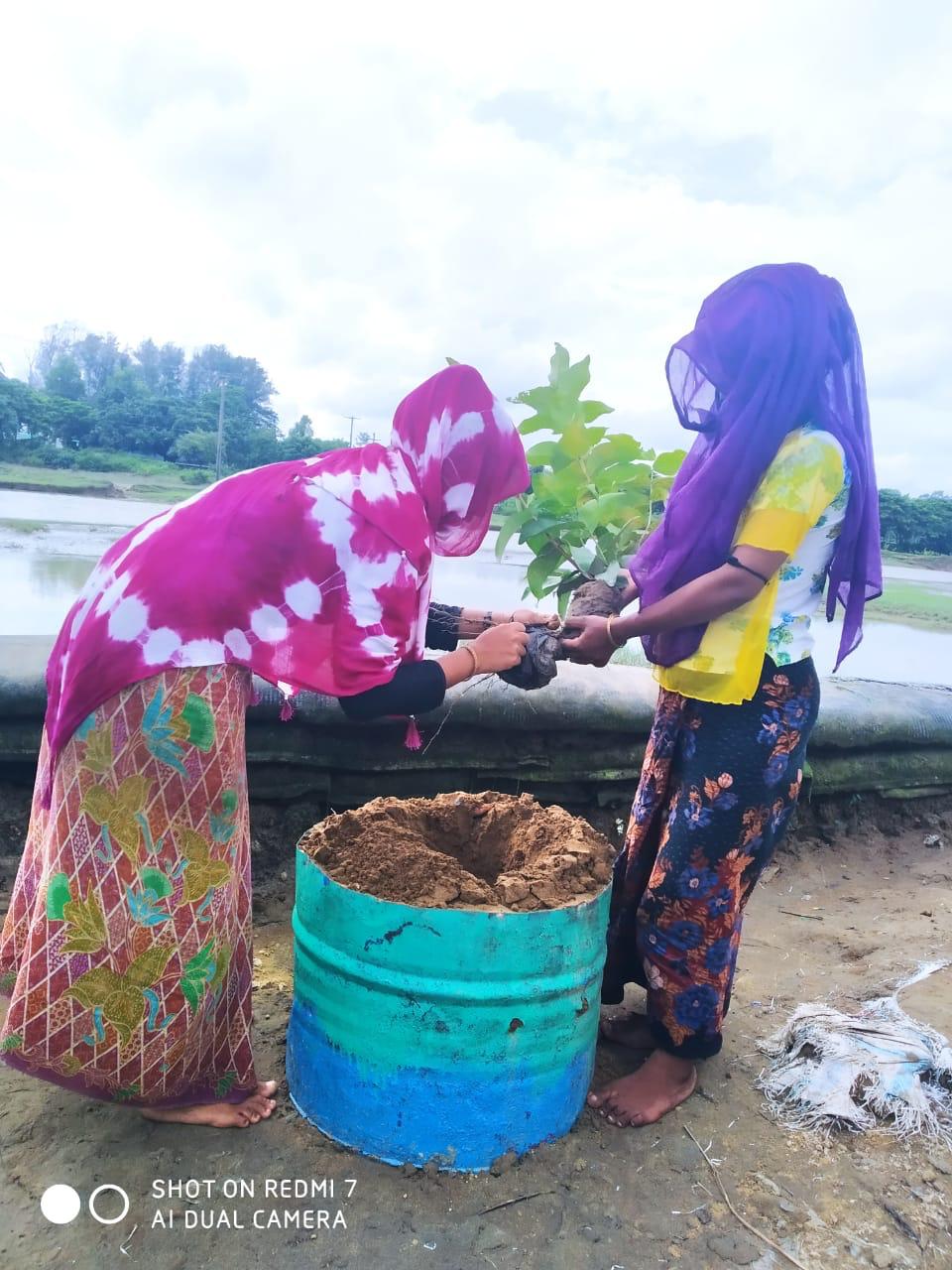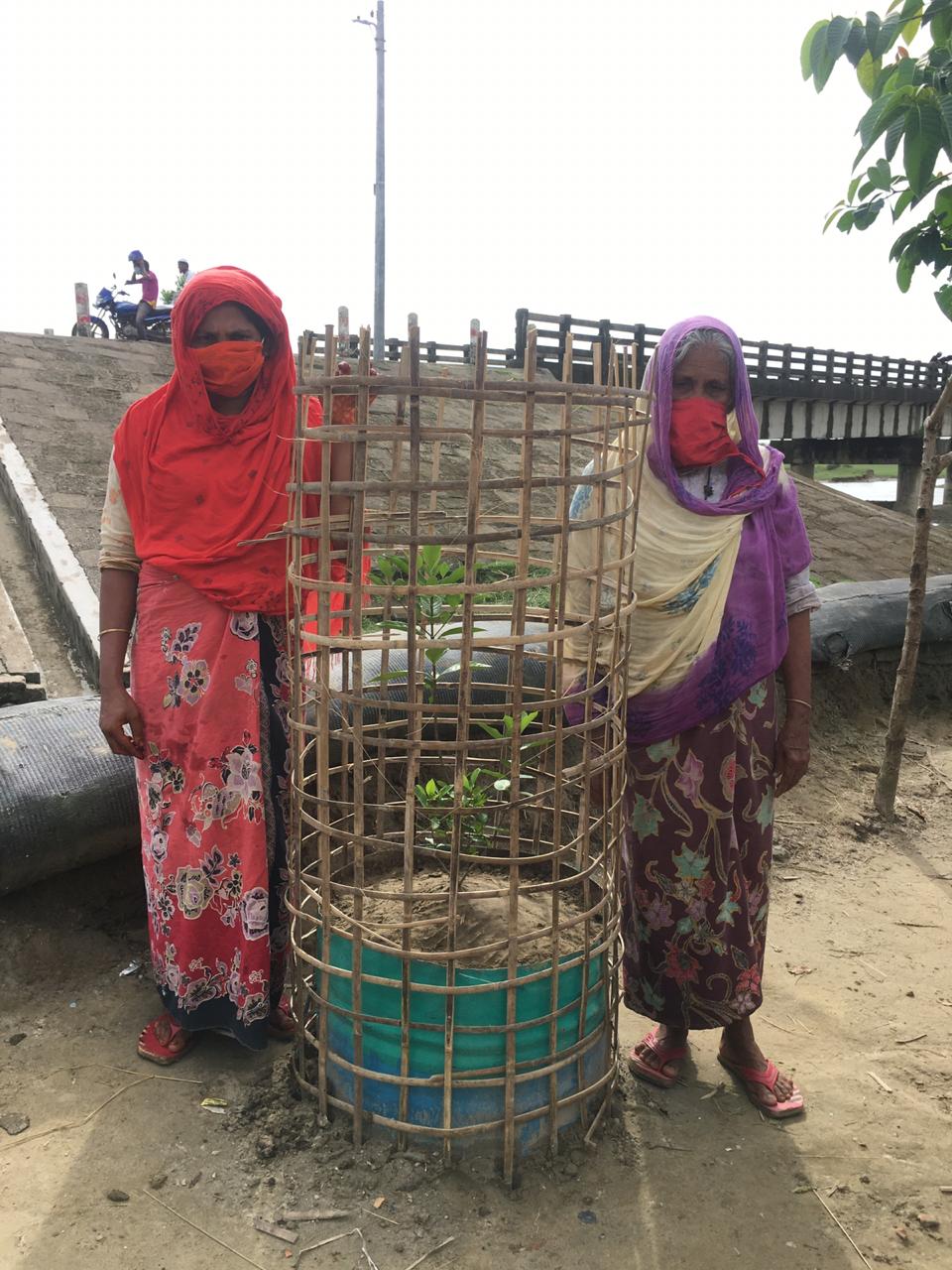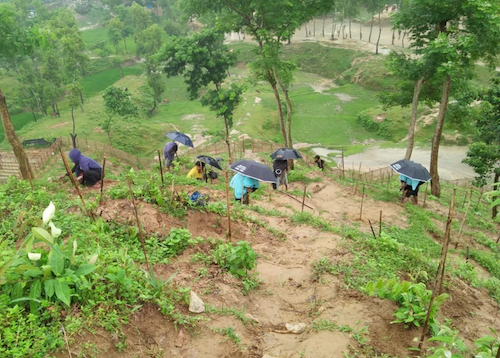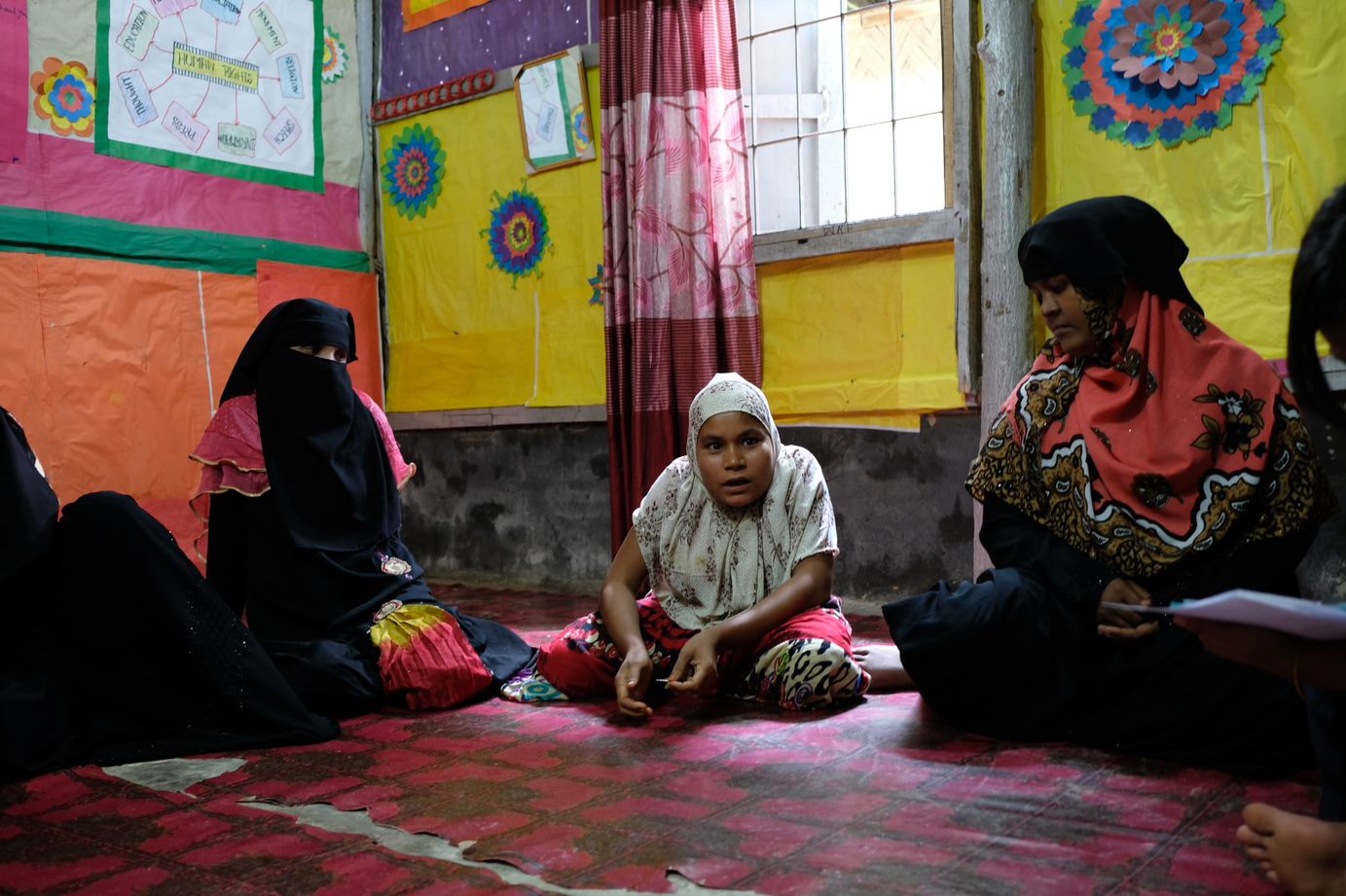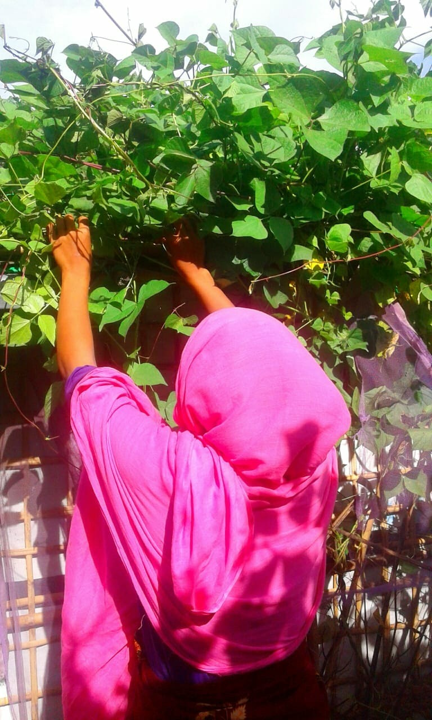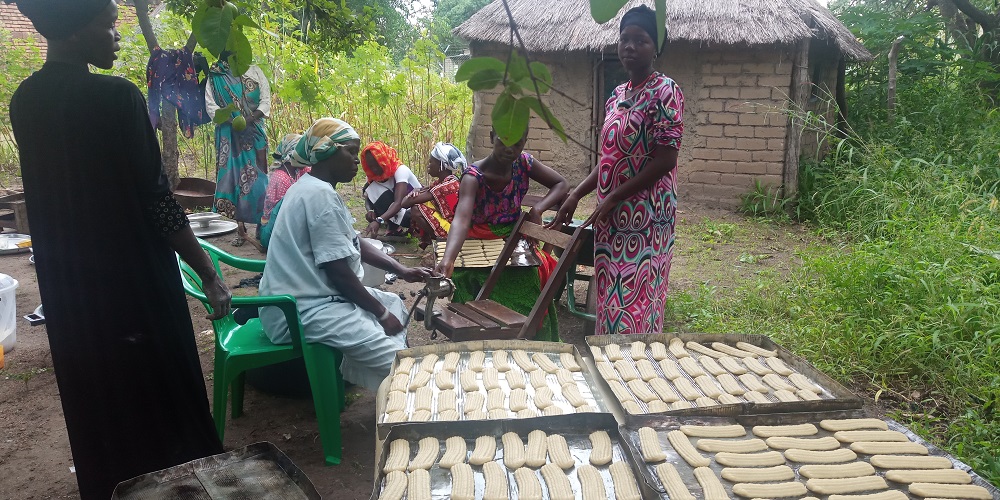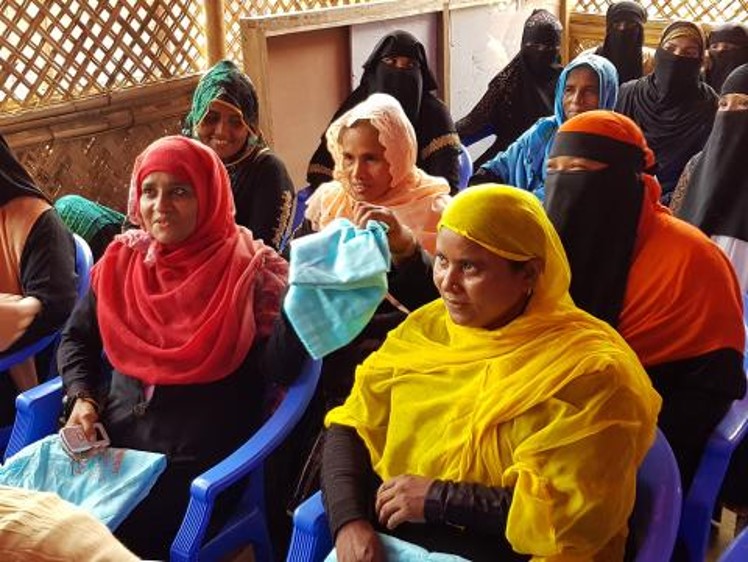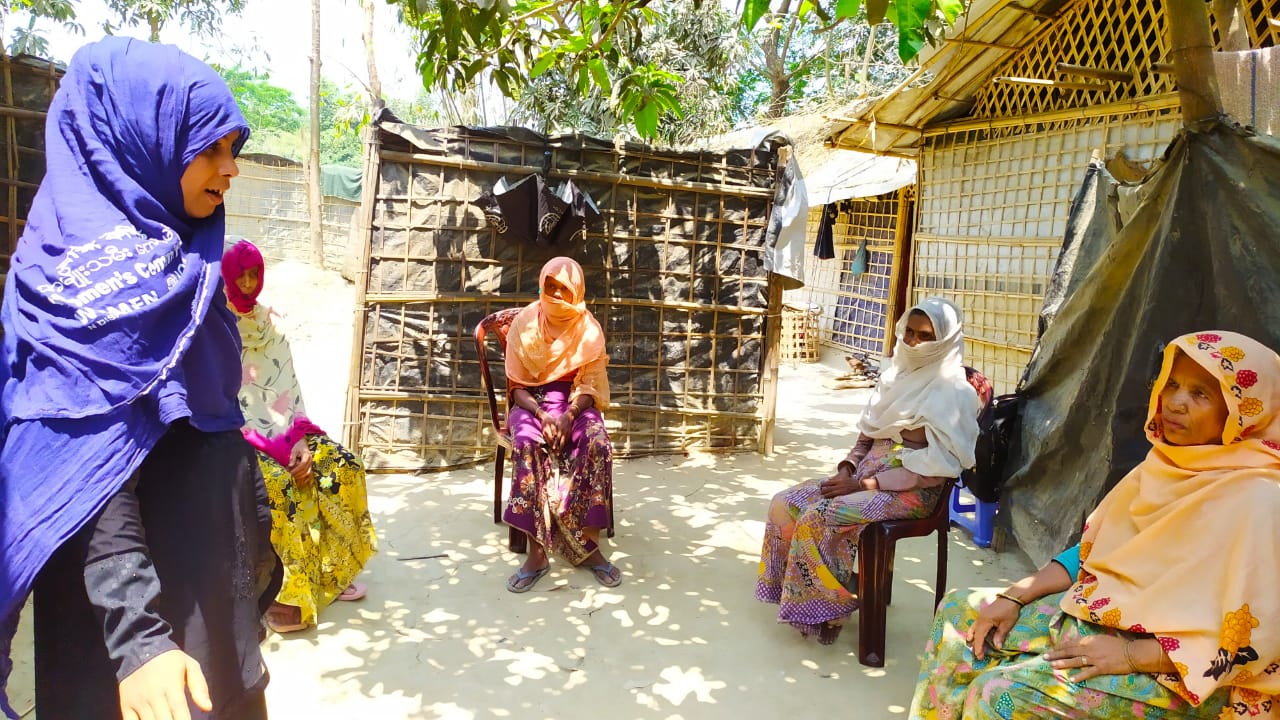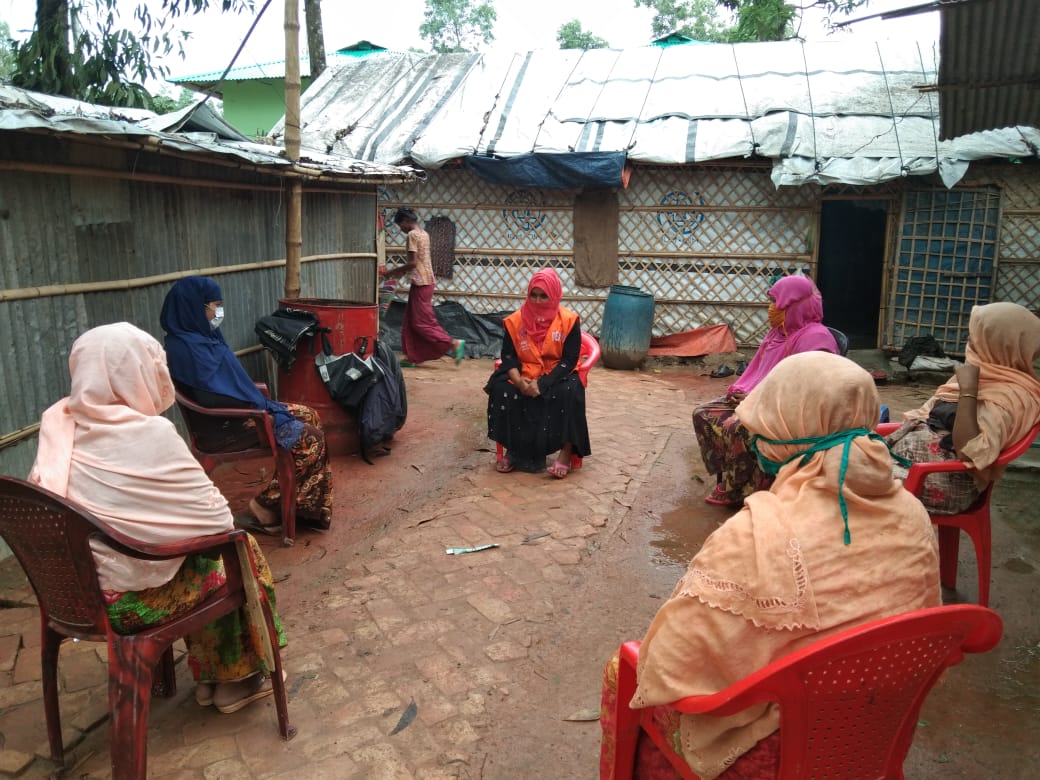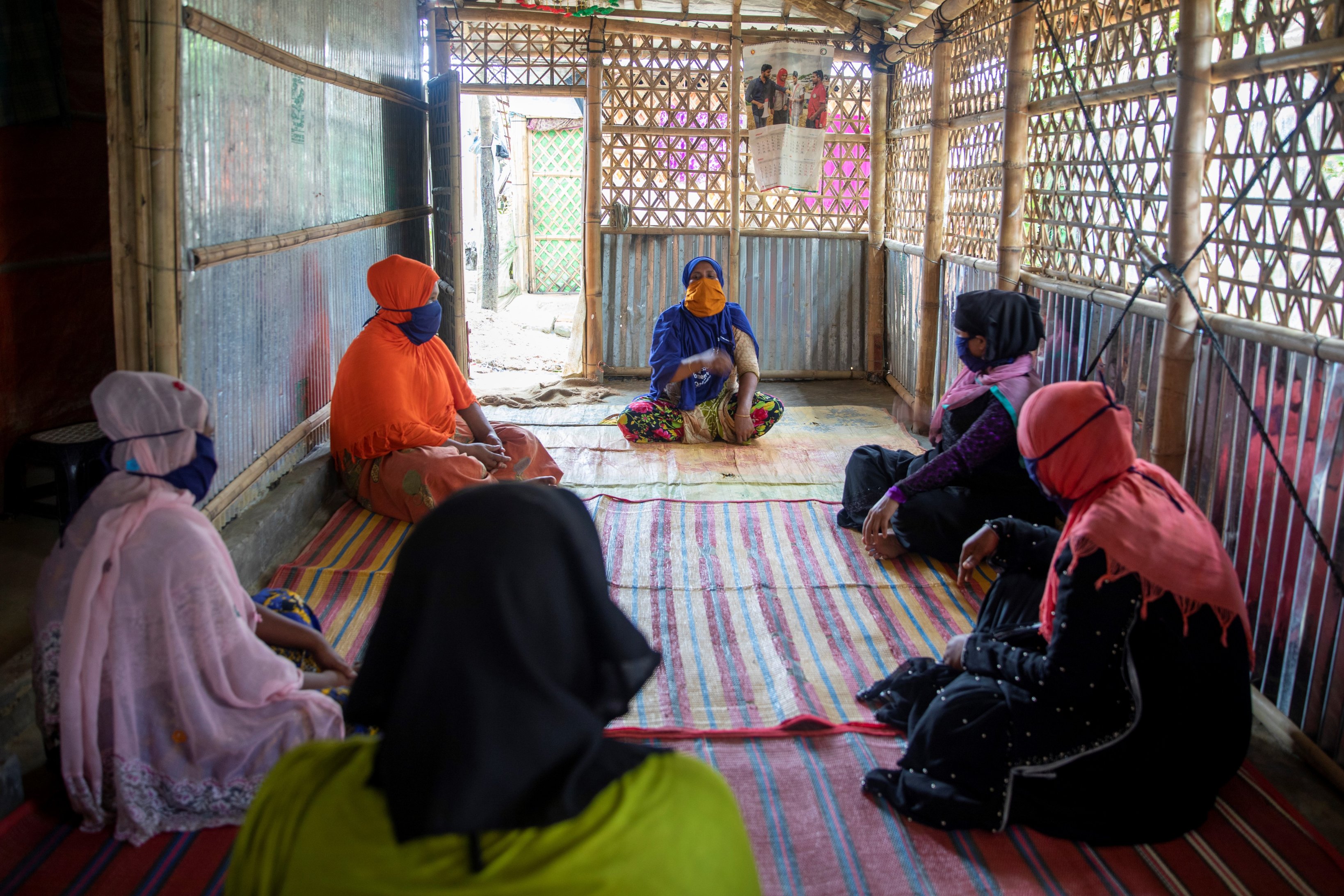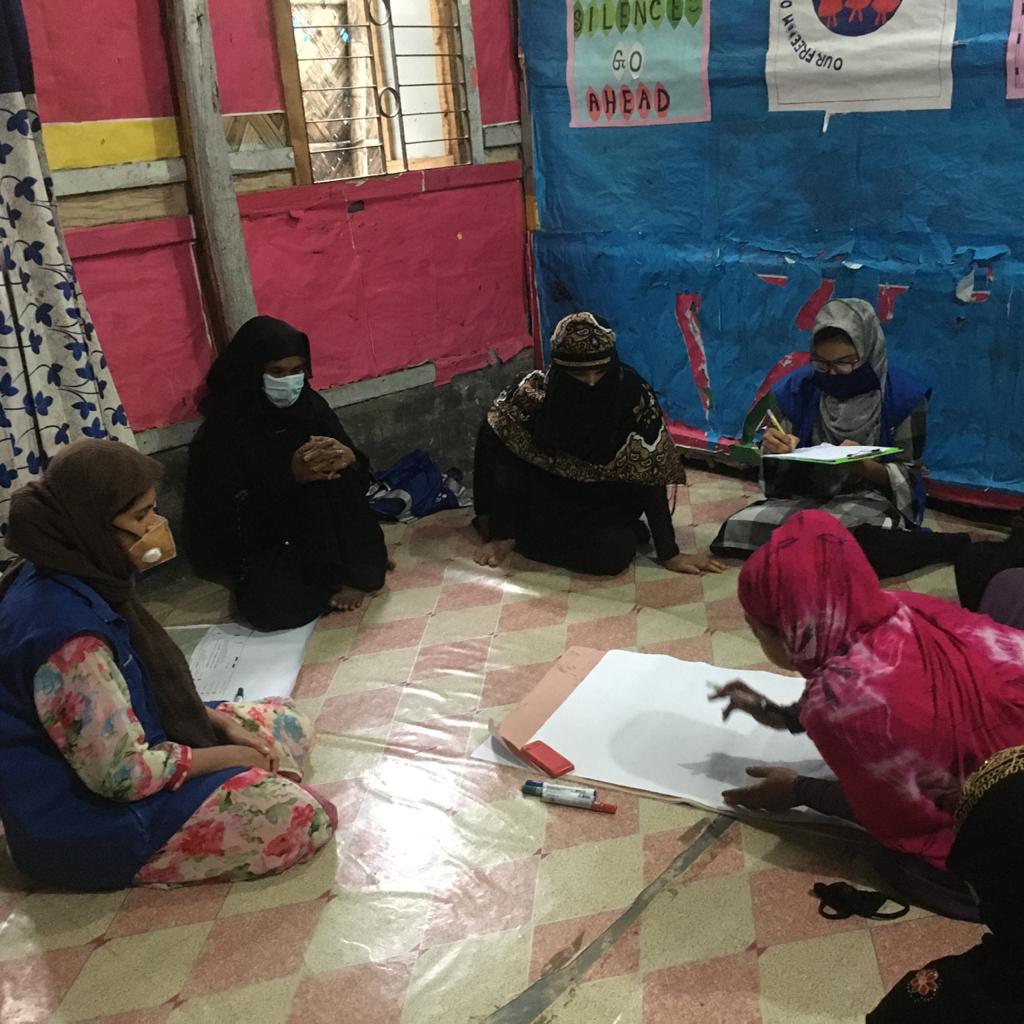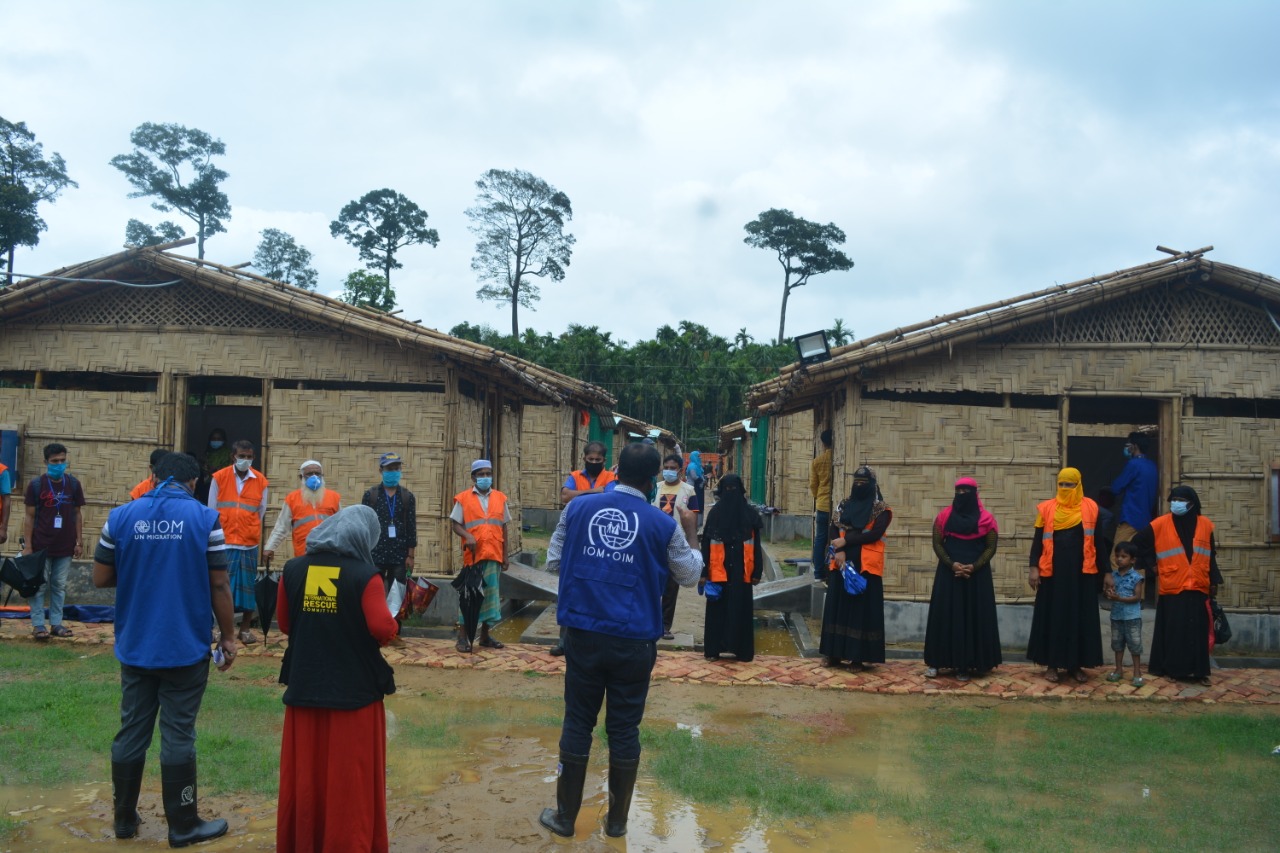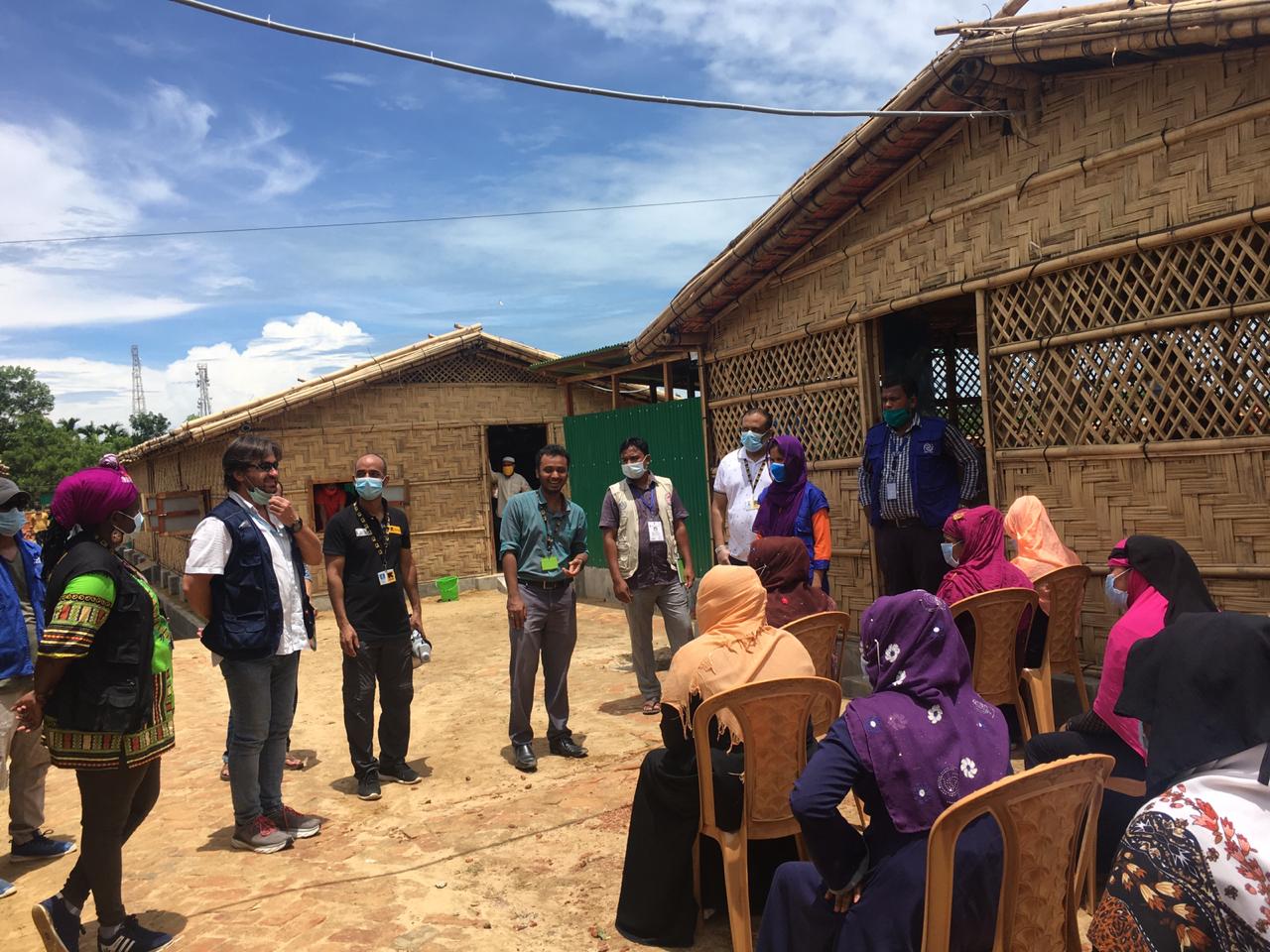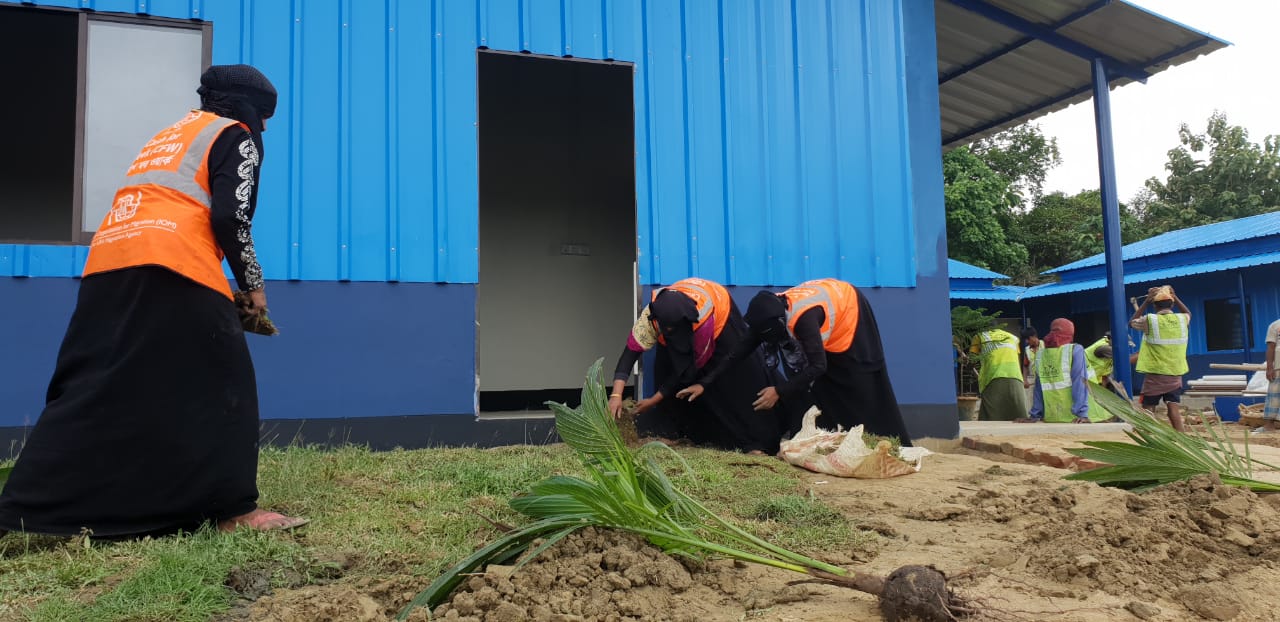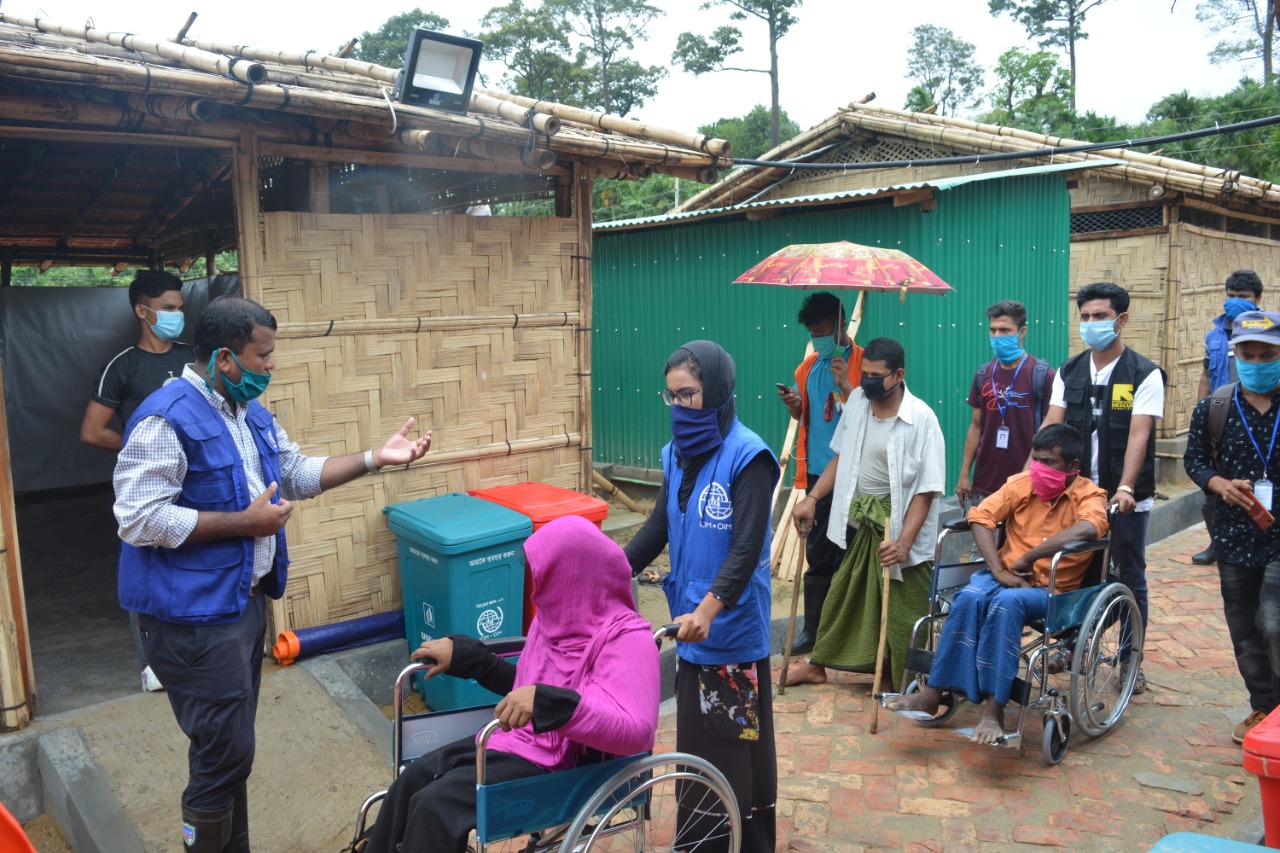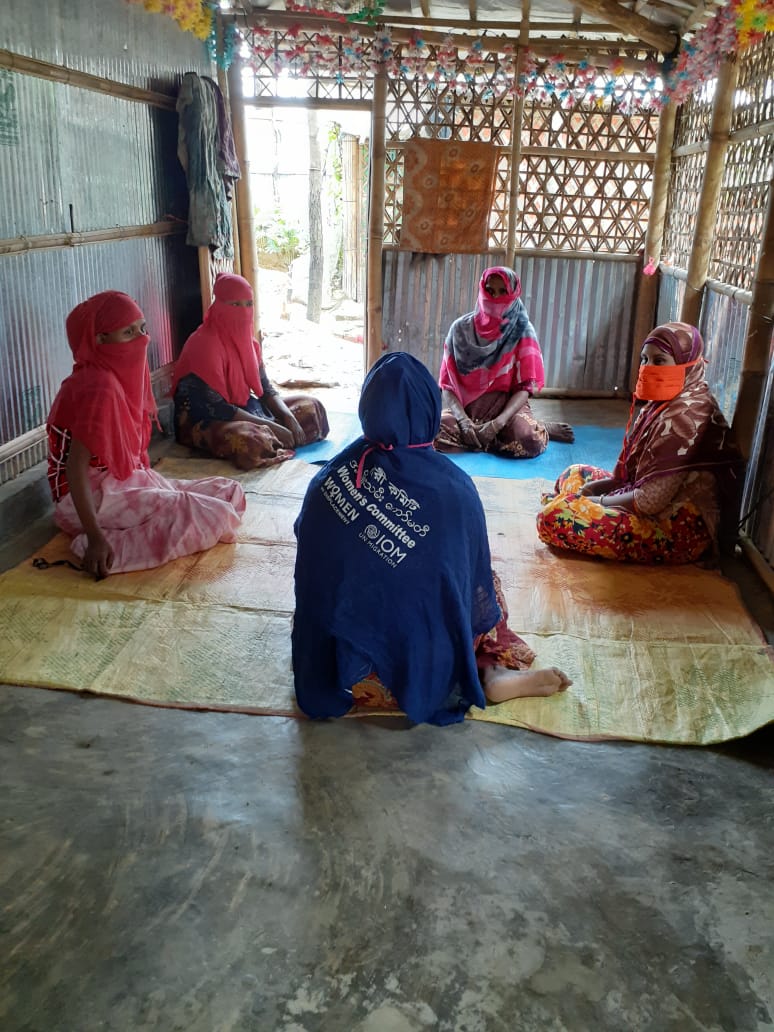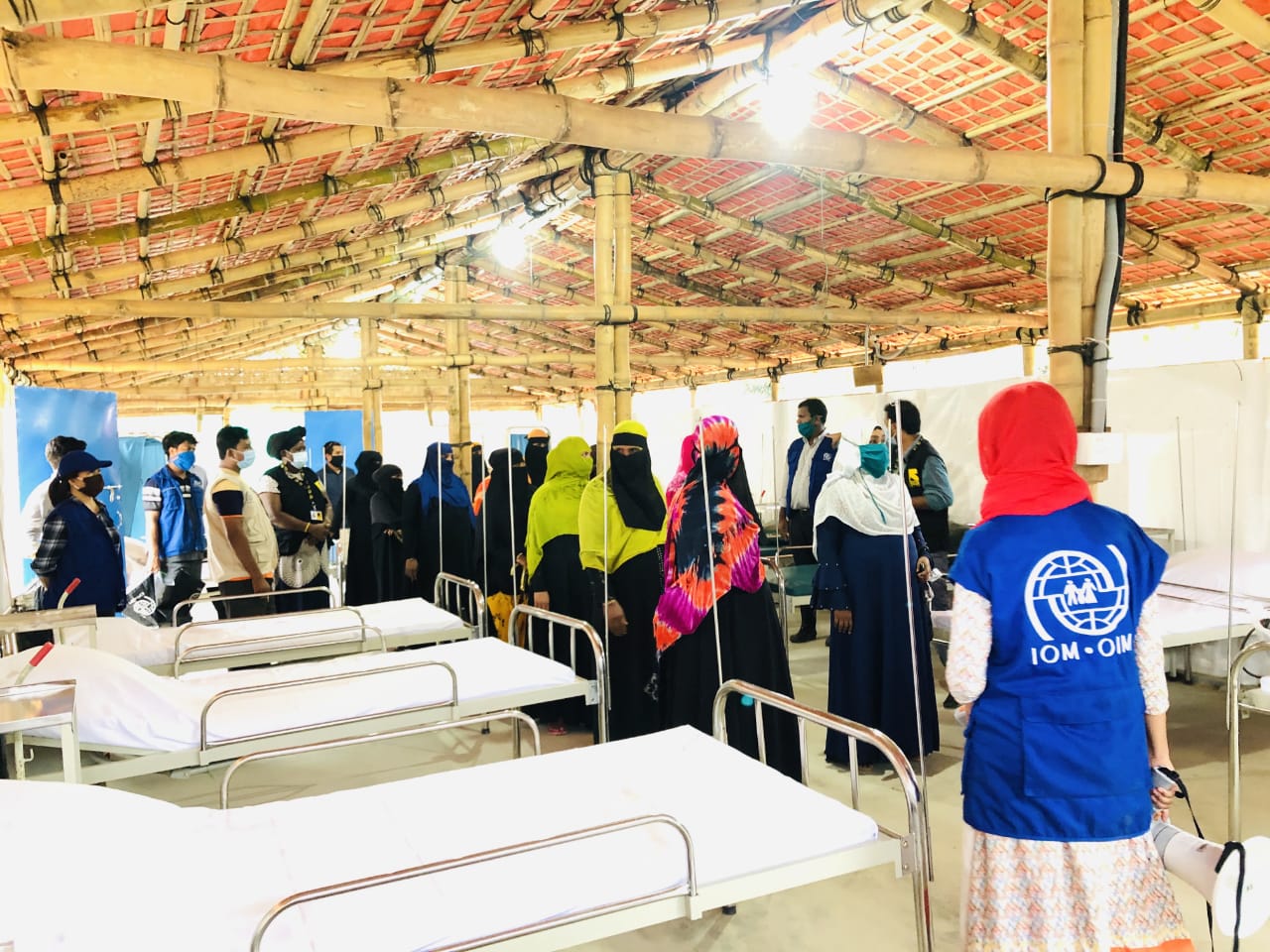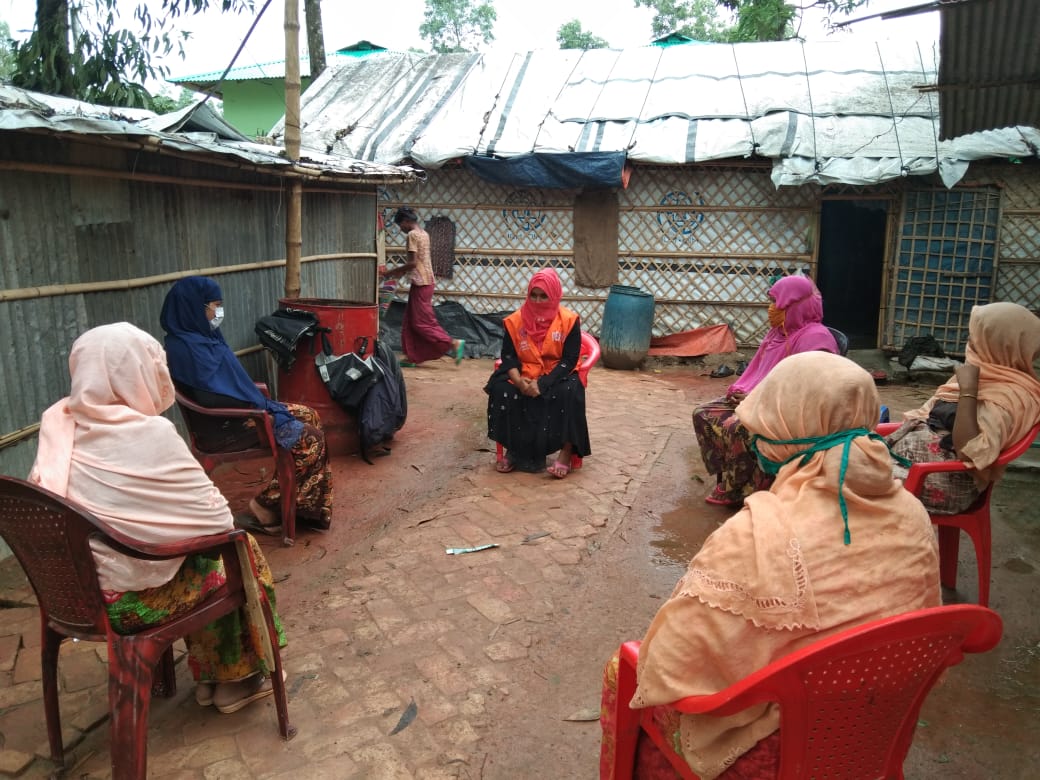The largest Rohingya influx into Bangladesh began on 25th of August 2017, where a massive influx of more than 860,000 Rohingyas fleeing violence and serious human rights abuses from Rakhine State, Myanmar. However, this was not the first influx seen, with multiple waves of the Rohingya movement recorded from Rakhine State in Myanmar to Cox’s Bazar in Bangladesh, with the earliest influx recorded in 1942 with 20,000 Rohingyas who fled to Bengal (Bangladesh in pre-partition India). Accounting for the different refugee flows, as of May 2020, there were over 860,000 refugees in Cox’s Bazar district. Much of the displaced population are women and girls, making up 52% of the population. GBV is a serious issue within Cox’s Bazar, which has a high incidence of violence against women and girls. In terms of GBV among Rohingya women and girls, many of the new arrivals are visibly under distress and disoriented, suffering from the consequences of extreme violence, from the loss of or separation from family members, and from the ordeal of displacement. Involvement of women in decision-making on camp life is practically non-existent, but this also goes for the level of information on camp life being fed back to them. With no official systems are in place in the camps, female community members rely heavily on male family members to receive information on decisions that impact them. This lack of a formal mechanism to inform Rohingya women affects all underrepresented groups, including adolescent girls and persons with disabilities, increasing their vulnerable position within the community. Women are expected to dedicate their time to household activities such a cleaning, cooking and child caring. Most Rohingya women also limit their movement in public space due to a wide range of GBV risks particularly around firewood collection, latrines and bathing facilities. For adolescent girls, freedom of movement is even more restricted, as they are confined to the boundaries of their homes. All movements of women and girls are closely monitored by their male family members and should be justified with a valid reason.

Bangladesh
WOMEN'S PARTICIPATION AND LEADERSHIP FROM THE ROHINGYA RESPONSE: LESSONS FROM THE WOMEN'S COMMITTEE
Photo gallery of the country

